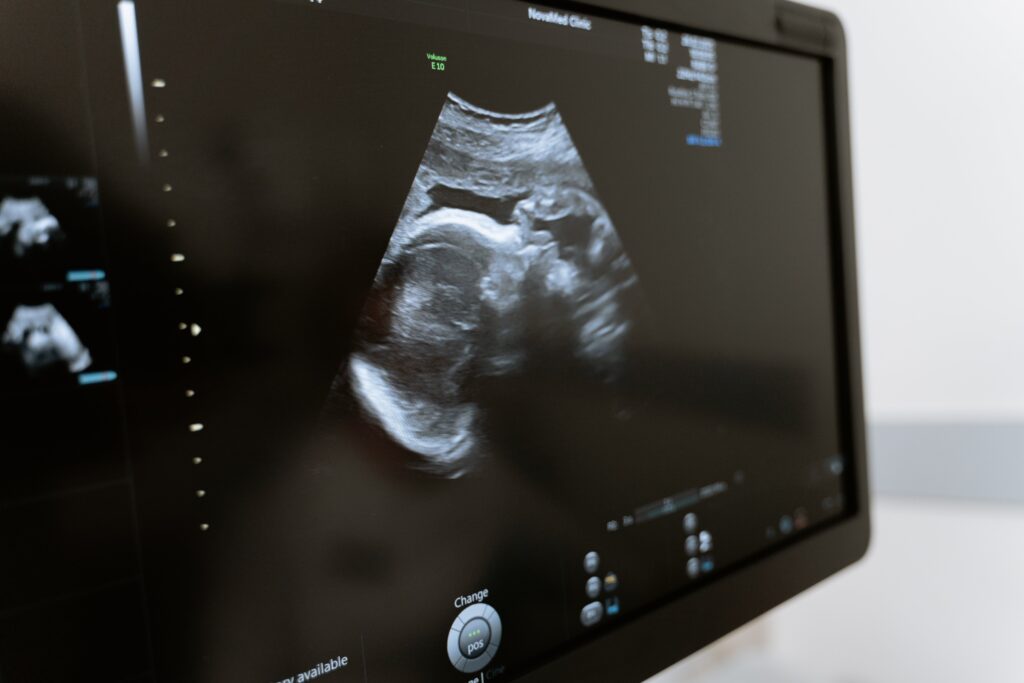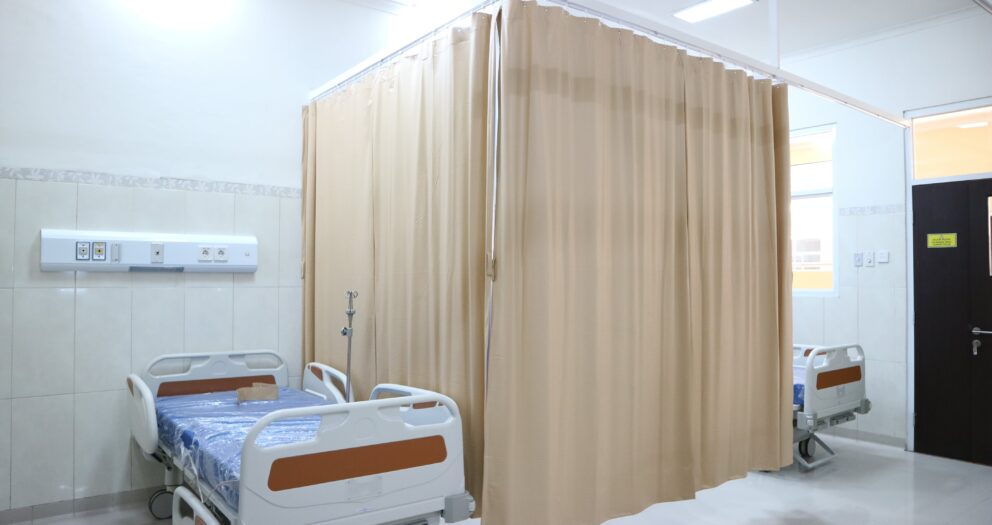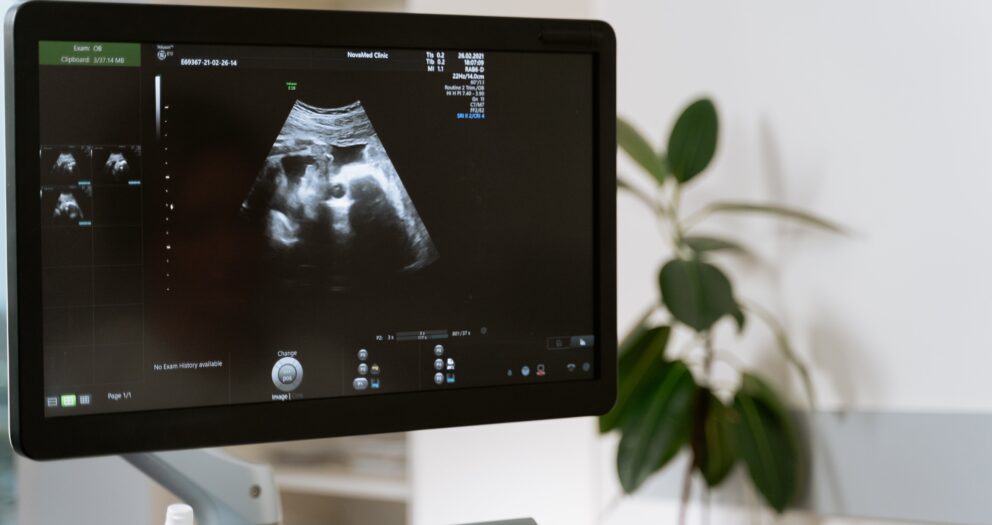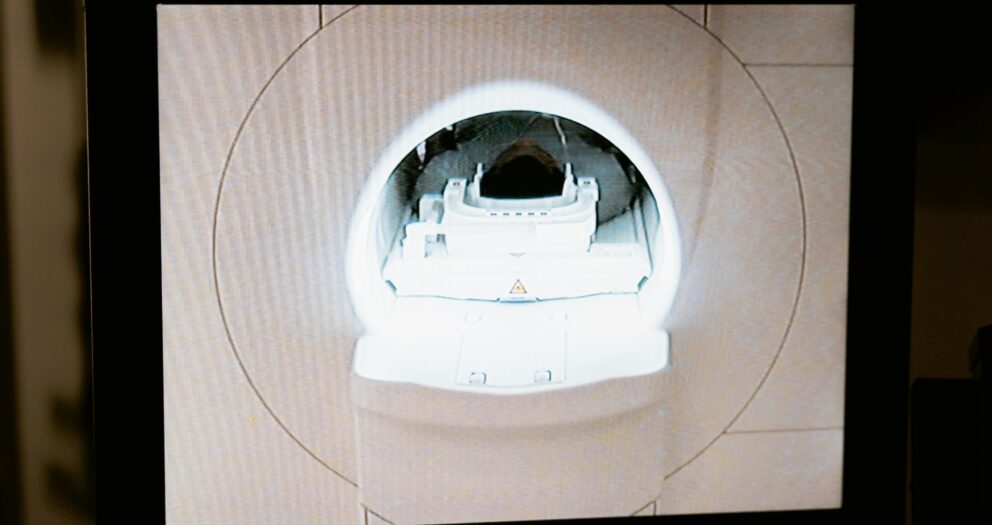Critical care equipment is paramount when setting up your facility’s critical care unit. One of the most crucial aspects of a hospital’s infrastructure is the critical care unit, where patients with life-threatening conditions receive intensive treatment and medical attention. Therefore, to ensure the highest quality of care, equipping your unit with the critical care equipment it needs should be a top priority. In this blog post, we will discuss the essential tools needed for a new hospital’s critical care unit.
Critical Care Equipment
Critical care equipment enhance service delivery and patient outcomes while ensuring medical workers administer the best standards of health care available. They include:
1. Ventilators
Ventilators are a cornerstone of critical care, as they provide mechanical ventilation to patients with respiratory distress. Ensure you have a range of ventilators to accommodate various patient needs, including invasive and non-invasive options.
2. Patient Monitors
Continuous monitoring of vital signs is vital in critical care. Patient monitors measure parameters such as heart rate, blood pressure, oxygen saturation, and ECG. Choose advanced monitors that integrate seamlessly with electronic health records for efficient data management.
3. Defibrillators
Defibrillators are essential for treating life-threatening cardiac arrhythmias. Automated External Defibrillators (AEDs) should be readily accessible, while manual defibrillators are essential for trained medical staff.
4. Infusion Pumps
Accurate and controlled drug administration is critical in the ICU. Infusion pumps ensure precise delivery of medications, fluids, and nutrition to patients.
5. Hemodynamic Monitoring Devices
These devices, such as central venous catheters and arterial lines, help monitor a patient’s circulatory status and guide fluid resuscitation in critically ill patients.
6. Portable X-ray and Ultrasound Machines
Immediate diagnostic imaging is often necessary in the ICU. Portable X-ray and ultrasound machines enable quick assessment without the need for patient transportation.

7. Blood Gas Analyzers
Blood gas analysis is crucial for managing patients with respiratory and metabolic disorders. Having blood gas analyzers on hand allows for rapid assessment and adjustment of treatment plans.
8. ICU Beds
Invest in specialized ICU beds that can be adjusted to accommodate patient comfort and medical procedures. Features like electric controls, pressure relief mattresses, and bed scales are advantageous.
9. Negative Pressure Rooms
Isolation rooms equipped with negative pressure ventilation are essential for containing contagious diseases and protecting other patients and healthcare workers.
10. Dialysis Machines
Incorporate hemodialysis machines for patients with renal failure who require regular dialysis treatments within the ICU.
11. Surgical Equipment
Critical care units should be equipped with basic surgical instruments and supplies for emergency procedures or interventions.
12. Telemedicine Technology
Integrate telemedicine technology to facilitate consultations with specialists, especially in situations where immediate on-site expertise is not available.
13. Personal Protective Equipment (PPE)
Ensure a steady supply of high-quality PPE to protect healthcare workers and minimize the risk of infection transmission.
14. Communication Systems
Implement an efficient communication system within the critical care unit to ensure seamless coordination among the healthcare team.
15. Pharmacy Services
A dedicated pharmacy within or close to the ICU is crucial for prompt medication preparation and delivery. Hospital pharmacies also ensure other departments apart from the ICU are furnished with the critical care equipment and medication they need.
Conclusion
Equipping your new hospital with the right critical care equipment is a fundamental step in providing high-quality medical care to critically ill patients. The items listed above are essential for delivering safe and effective care in the ICU. Prioritize the selection, maintenance, and regular training on these critical care equipment to ensure your hospital can respond effectively to the healthcare needs of your community. With the right equipment in place, your hospital can stand as a beacon of hope and healing for those in need.





Write a comment
Your email address will not be published. All fields are required